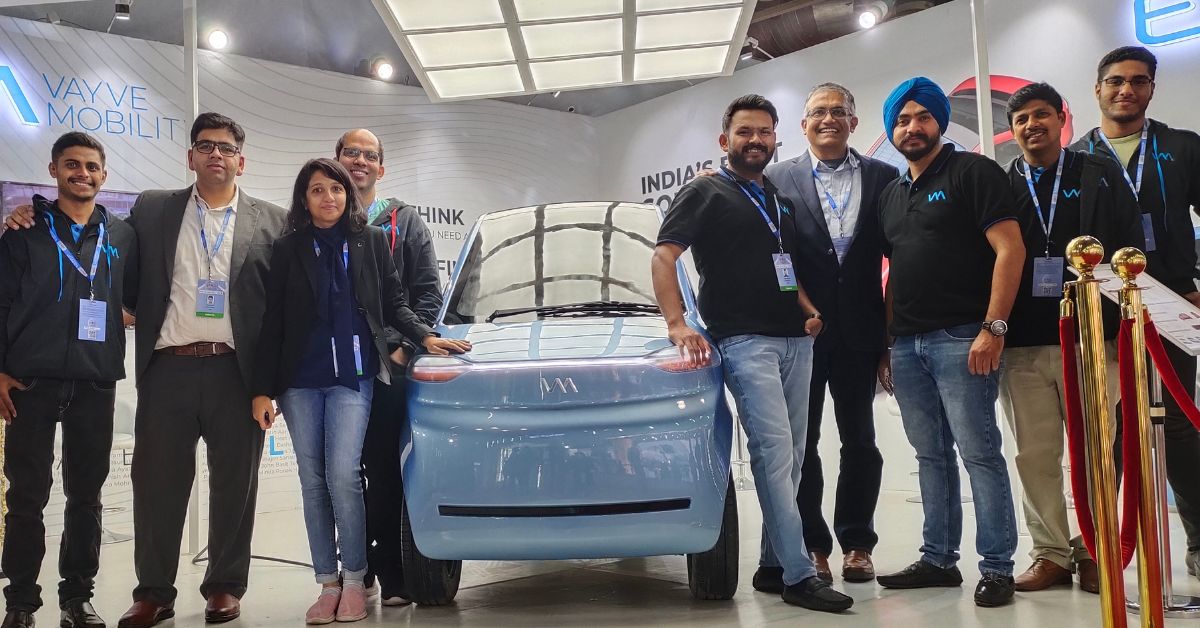
This article is created by The Better India and sponsored by WingifyEarth
With a solar-panelled sunroof, Vayve Mobility’s upcoming single-door car Eva can run up to 10-12 km per day on solar energy and clock 20 km per unit of electricity, claim the makers.
Electric cars might be the rage in the automobile market today, but Vayve Mobility, a Pune-based startup, has gone a step ahead and is all set to launch the very first solar-powered electric car in the country — named Eva.
The car is fully automatic with a battery charging option, and the makers claim it can go nearly 20 km per unit of electricity, probably the highest in the sector.
Designed for commuting conveniently in crowded cities, including Tier I, Tier II, and Tier III cities, “it has been made smaller and narrower in size,” Vilas Deshpande, co-founder, tells The Better India.
“India is a fast developing and populous country. With cities growing rapidly and rising traffic, there is a huge strain on infrastructure. We are trying to redefine urban mobility in the country by creating a new category of vehicles,” says the 52-year-old chemical engineer.
“This car is meant for people across all age groups — parents who need to drop children at schools, couples who need to commute from remote corners of the city for work, students and the elderly,” he adds.
The startup has been working on Eva for the past two years. Its prototype was unveiled on January 11 at the 2023 Auto Expo organised in Greater Noida, Uttar Pradesh. The car is currently under testing and is expected to be commercially launched in 2024.
An electric car with a panoramic sunroof and solar panel roof options
The solar battery-driven single-door car has a 2+1 (two adults, one child) seating capacity. Buyers can opt for a solar roof panel which will charge the battery while the car is in the open in a parking lot, or while driving.
Those who do not have open parking spaces can choose a panoramic sunroof. “The panoramic view helps increase the visibility for the driver,” says Vilas.
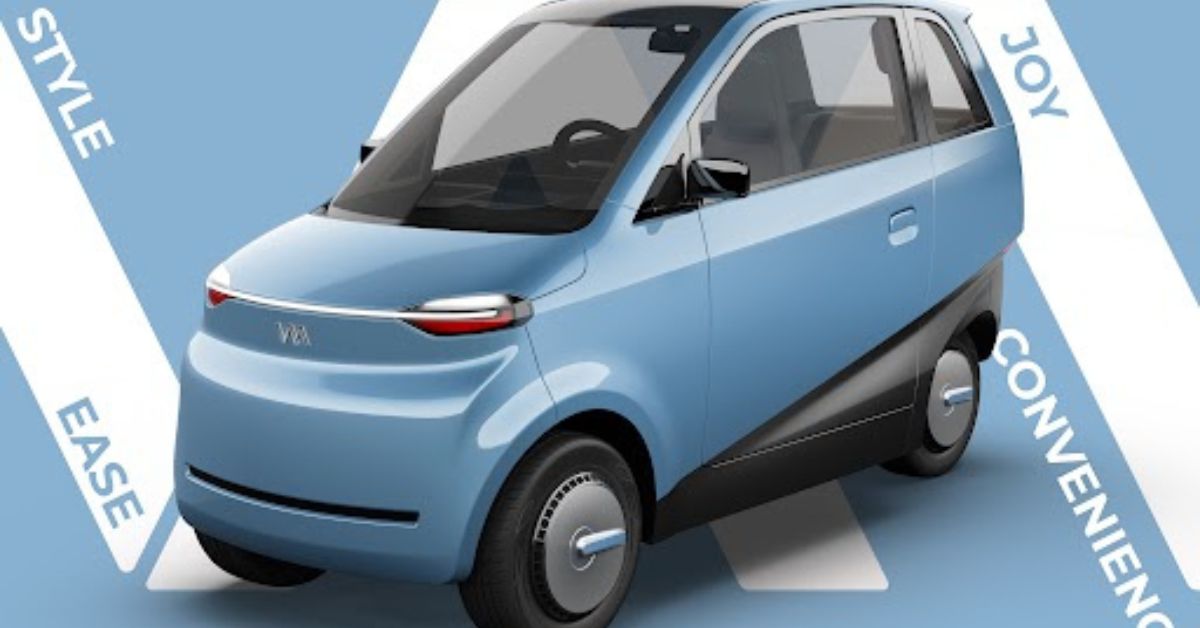
The car is fully automatic with a battery charging option.
“The car can run up to 10-12 km each day solely on solar energy. This adds up to over 3,000 km a year. On average, a regular car clocks 9,000 km a year. Solar energy will take care of one-third of your fuel expenses,” he explains.
Vilas also claims that the solar car’s mileage can go up to “20 km per unit of electricity, one of the highest of efficiencies globally.”
Eva has a 14 kWh battery pack and features a 6-kW liquid-cooled electric motor that can produce 16HP power and 40Nm of peak Torque.
It takes up to four hours to fully charge the car from a 15A socket, which is commonly available. The car will also have a DC fast charging option, which can charge it in 45 minutes, besides a plug-in overnight option.
With this, a user can charge the car like they charge their mobile phones. So, it can be used like an electric car during the rain or at night when there is no sun. The car can run 250 km on a single charge, Vilas informs.
With a maximum speed of 70 km per hour, this fully automatic car is not ideal for driving on highways.
According to Vilas, the solar-powered electric car requires minimal maintenance compared to petrol, CNG, and diesel-run cars. “The battery will last for eight years, and no maintenance is needed for the car or the solar panels,” he adds.
The price of the car has not been decided yet. In the Indian EV market, the cost of electric two-wheelers goes up to Rs 2 lakh while hatchbacks cost about Rs 10-12 lakh. “We want to offer something in between this range, which will be affordable for the middle class,” says Vilas.
“Although electric vehicles are generally expensive, their operating cost is less. Eva will cost only 80 paise per kilometre,” he adds.
Further, all the parts for the solar car have been sourced from within the country, except for computer chips and lithium battery cells, which have been imported from Taiwan, China and Korea.
A group of friends working towards a dream
Eva is the result of the collective effort of the four co-founders of the startup — chief executive officer Nilesh Bajaj, his spouse and programme manager Ankita Jain, and chief technology officer Saurabh Mehta, besides chief operating officer Vilas Deshpande.

The co-founders of Vyave Mobility.
Friends for the past 10 years, the four left their respective jobs in multinational companies and co-founded Vayve Mobility with their savings, with an aim to work towards sustainability in the automobile sector.
Vilas, who hails from Maharashtra’s Akola, has a degree in chemical engineering. He previously worked with Procter & Gamble as a purchasing director. While working in the US, he used to commute in electric cars which is how he developed a strong desire to work in sustainability.
None of the co-founders had direct automotive experience, and so, they roped in some of the best minds to work on the car — Kripa Ananthan, former design head at Mahindra and Mahindra, and Dinesh Dani, an engineer at TATA Motors.
The team has received appreciation from the public as well as dealers. “Although booking has not yet started, we have begun a pre-registration procedure. We already have thousands of sign-ups,” says Vilas.
The next in line for the company is a similar full-time business-to-business taxi with a seating capacity of four passengers, a driver and space for luggage.


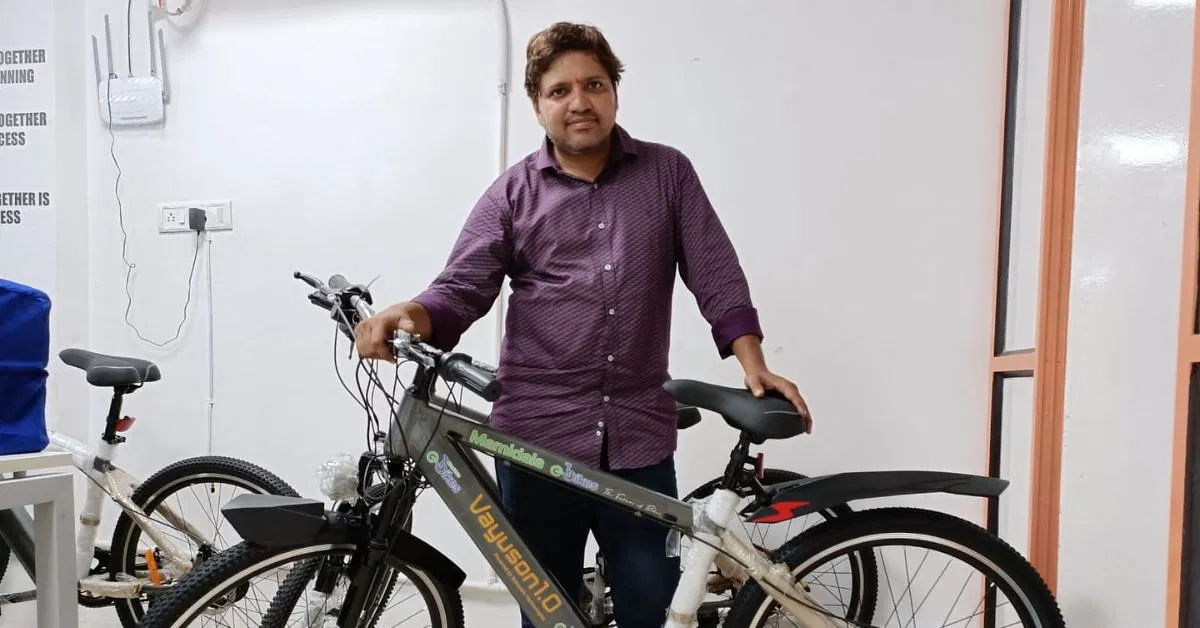
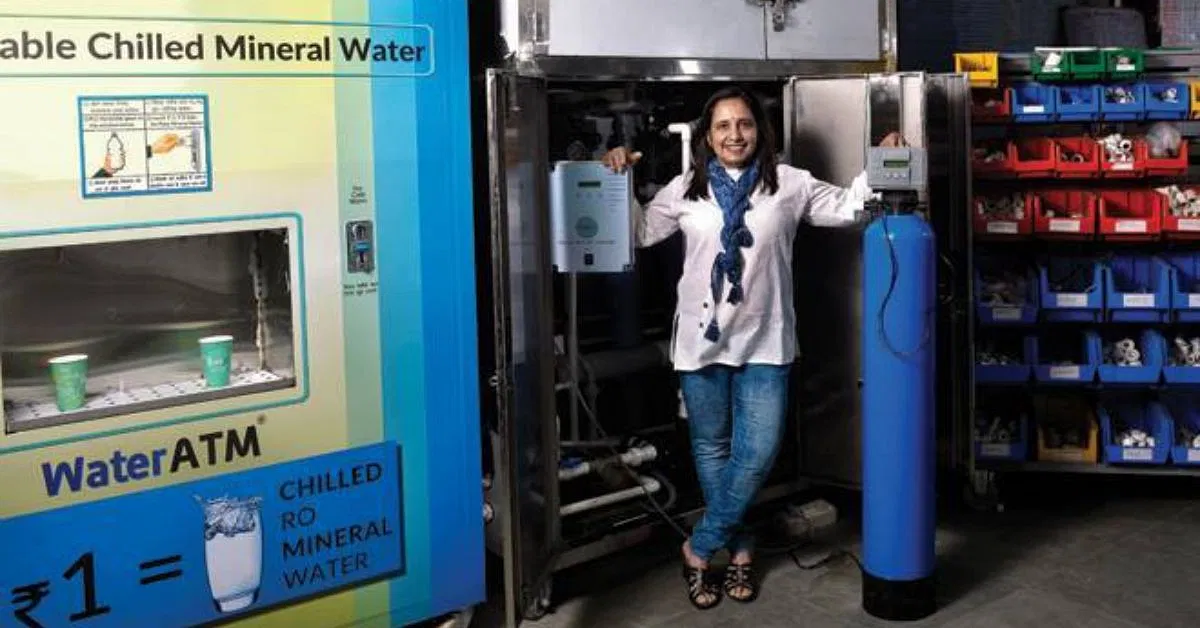
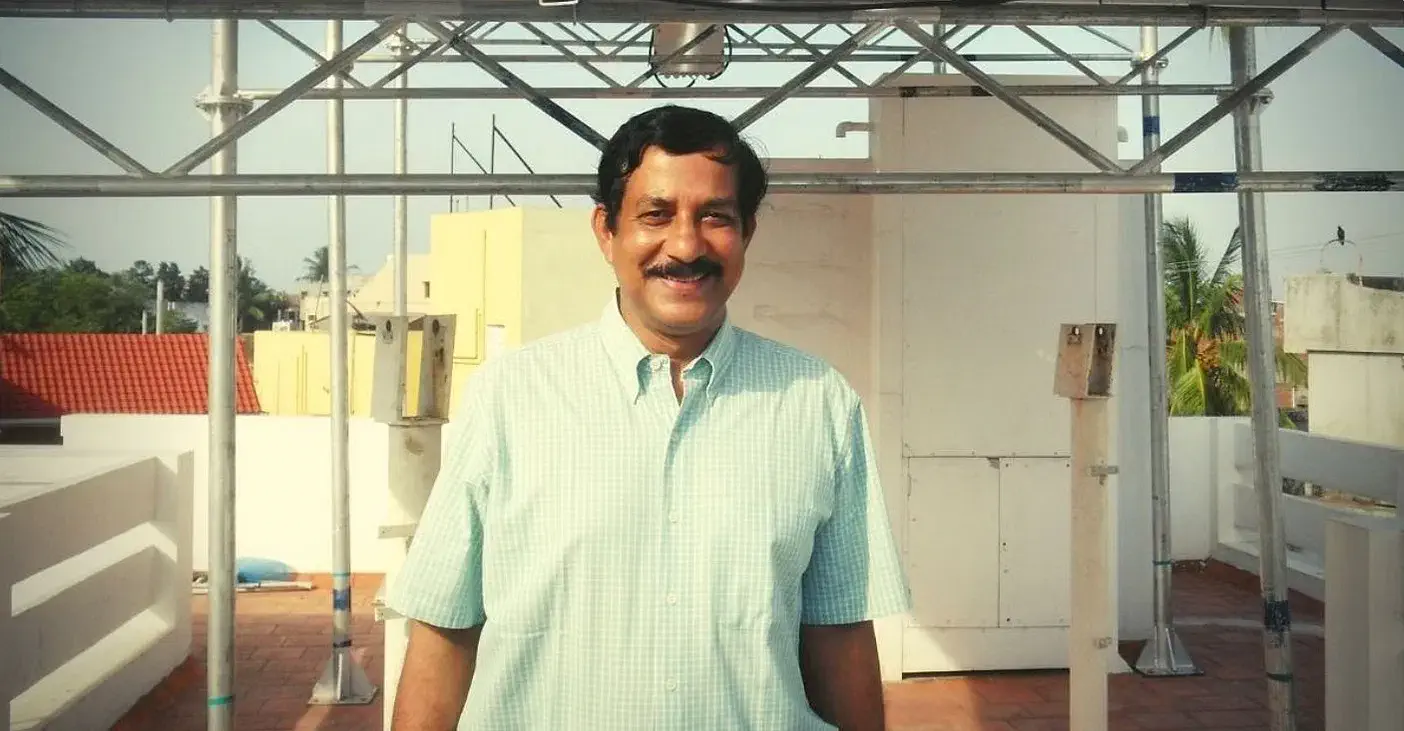

Leave A Comment
Your email address will not be published. Required fields are marked.